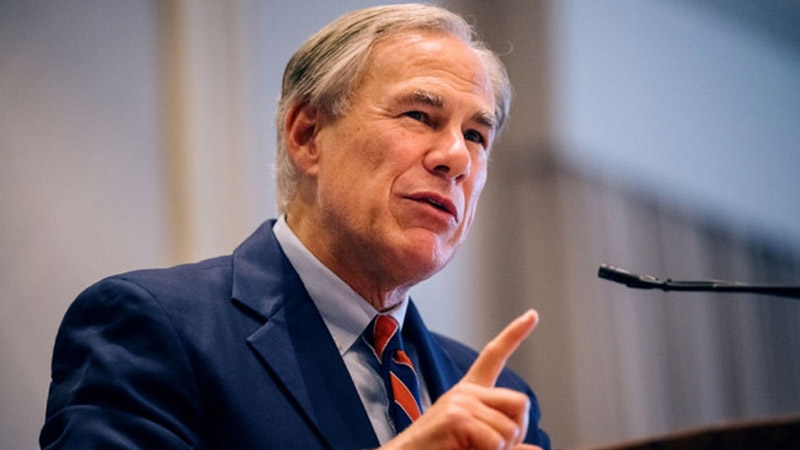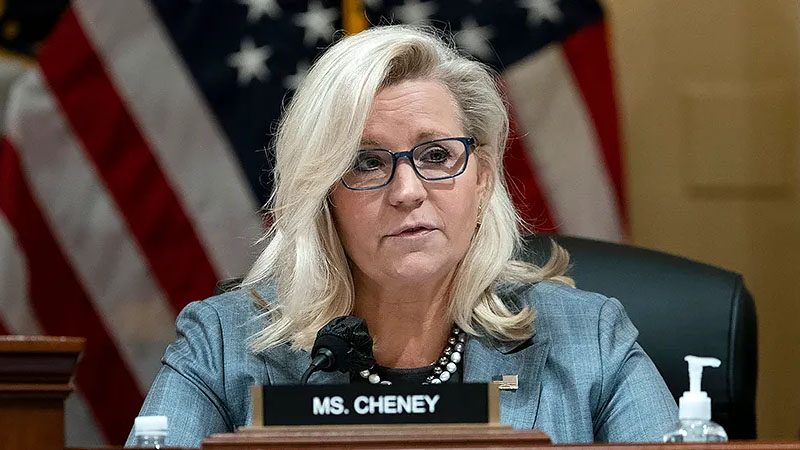Texas Governor Greg Abbott Faces Legal Setback in Border Control Efforts

Brandon Bell/Getty Images
In a significant legal development, Texas Governor Greg Abbott’s initiative to assert state dominance in immigration enforcement along the U.S.-Mexico border faced a judicial roadblock. This development was highlighted in a Newsweek report on February 13, 2024, detailing how the 5th Circuit Court of Appeals, known for its conservative leanings, reversed a prior lower court ruling.
This previous ruling had permitted the state of Texas to erect concertina wire fencing along the Rio Grande near Eagle Pass, a move that restricted U.S. Border Patrol agents access to the area, challenging the traditional federal jurisdiction over immigration issues. The appellate court’s decision represents a setback for Governor Abbott’s Operation Lone Star, a high-profile initiative launched in March 2021.
This operation saw the deployment of state troopers and National Guard members to the border regions to stem illegal crossings and drug smuggling activities. Despite the thousands of migrant arrests and the significant attention the program has garnered, it has also been the subject of controversy, facing criticism for potential civil rights violations and the misuse of taxpayer resources.
Governor Abbott has consistently argued that the federal government’s inability to secure the southern border necessitated Texas’s unilateral actions to protect its boundaries. However, the 5th Circuit’s ruling emphasized that immigration enforcement is a federal prerogative, echoing a principle that the U.S. Supreme Court has consistently upheld.
One of the major concerns raised against Abbott’s installation of razor wire was its impact on the Border Patrol’s ability to monitor and manage migrant crossings along the Rio Grande, including providing aid to those in distress. This situation was further complicated by reports of at least two migrant fatalities attributed to the perilous conditions created by the barrier. Homeland Security Secretary Alejandro Mayorkas has been vocal in his criticism of Abbott’s border strategies, deeming them “unconscionable” due to the lack of cooperation and coordination with federal agencies.
This sentiment was echoed by civil rights organizations that decried the use of concertina wire as inhumane following incidents of migrant injuries. Despite these legal and humanitarian challenges, Governor Abbott has pledged to persist with his stringent border measures, announcing further deployments of National Guard troops and razor wire barriers.
This stance has garnered considerable support from Republican circles nationwide, with over 25 GOP governors expressing solidarity with Abbott’s measures to combat illegal immigration, which they attribute to the Biden administration’s purportedly ineffective border policies. Prominent Republican figures, including Donald Trump and House Speaker Kevin McCarthy, have lent their support to Abbott’s initiatives, encouraging other states to adopt similar measures.
This support is juxtaposed against strong opposition from Democrats, who criticize Abbott’s approach as politically motivated and detrimental to border stability, advocating for federal intervention if necessary. The legal discourse surrounding Abbott’s actions touches on broader constitutional interpretations and the potential for states to overstep federal authority by declaring emergencies. This debate was further intensified by a Supreme Court ruling that sided with the Biden administration, allowing for the removal of the concertina wire installed under Abbott’s directives.
As Texas continues to implement razor wire barriers along the Rio Grande, the conflict sets the stage for an ongoing legal and political confrontation. Governor Abbott’s determination to maintain a tough stance on border security, despite judicial setbacks, underscores the escalating tensions between state and federal jurisdictions over immigration policy. With Abbott’s political future and potential presidential ambitions in the backdrop, this border policy standoff not only has legal implications but also significant political ramifications, reflecting the deeply polarized nature of the current immigration debate in the United States.


